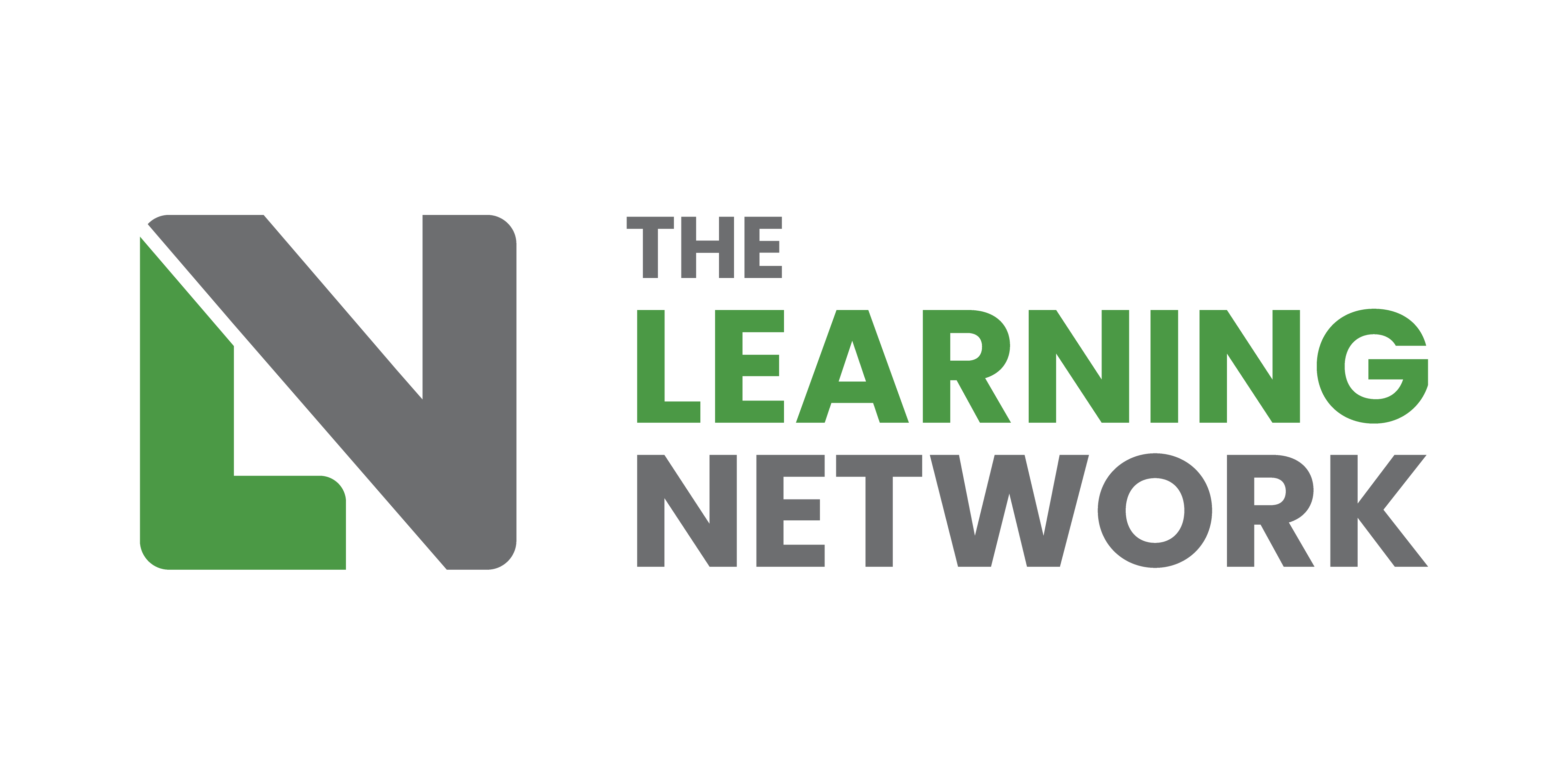The discussion around Diversity, Equity, Inclusion, and Belonging (DEIB) remains as relevant as ever in 2024. Despite progress, there’s still much to be done for businesses to understand why DEIB matters and how Learning and Development (L&D) professionals can play a central role in supporting it.
Why DEIB is Still Essential in 2024
DEIB isn’t just about doing the right thing; it’s also about doing what’s smart for business. There are countless studies that now show companies who embrace DEIB attract and retain top talent, foster innovation, and ultimately drive better results. Plus, in a world that is more connected than ever, failing to prioritise DEIB could mean missing out on diverse perspectives and losing ground competitively.
Why Businesses Need to Get Serious About DEIB
Despite increased awareness, many businesses are still struggling to move beyond talk to real action on DEIB. Simply saying the right things without making meaningful changes can lead to skepticism and distrust among employees.
If we really want to make a difference, businesses need to go beyond surface-level diversity initiatives and tick-box exercises, and really look at underlying issues. This means embedding DEIB principles into every aspect of the organisation, from culture and learning, to policies, practices and procedures.
Ignoring DEIB could result in not only damage reputation but also drive away talent and customers. As we start to get more socially conscious as a society, employees of the future are demanding real change, and consumers/clients are paying close attention to companies’ DEIB efforts.
What can Learning and Development Professionals do?
L&D professionals are uniquely positioned to drive DEIB initiatives within their organisations. Here are some practical steps you may be able to take in your own organisation:
Raise Awareness: Start by offering DEIB training and education programs to help your employees understand why DEIB matters and what they can do to contribute.
Integrate DEIB into Learning: Make DEIB a part of existing learning and development initiatives, ensuring that materials and resources reflect diverse perspectives.
Create Inclusive Spaces: Make sure that your training makes space for encouraging open dialogue and active listening, so that all employees feel valued and respected.
Measure Progress: Develop metrics to track progress on DEIB goals, collecting data on demographics, engagement, and retention.
Collaborate Externally: Partner with external organisations and experts to stay informed and increase your diversity of thought.
Looking to the future
DEIB will continue to be a conversation into 2024 and beyond – so if they haven’t already, businesses need to start taking proactive steps. L&D professionals have a crucial role to play – by prioritising DEIB, organisations can create more equitable, inclusive, and successful workplaces for everyone.



